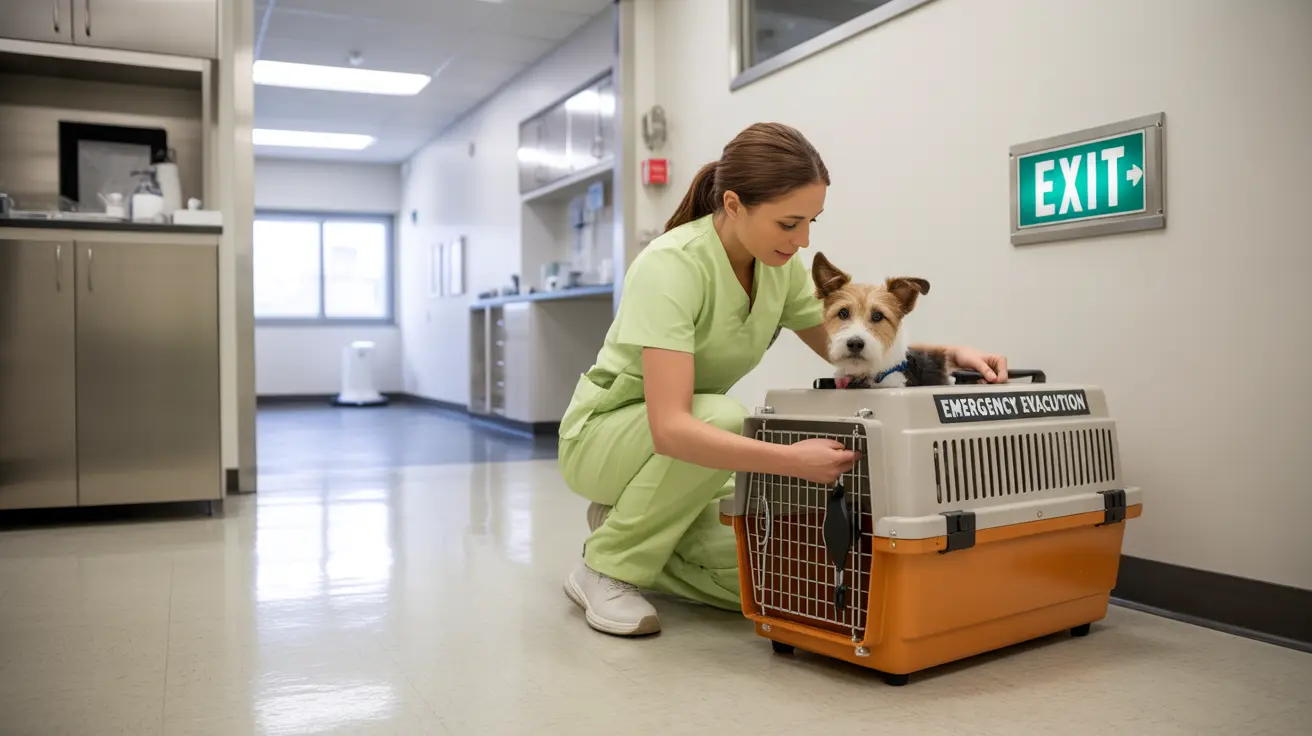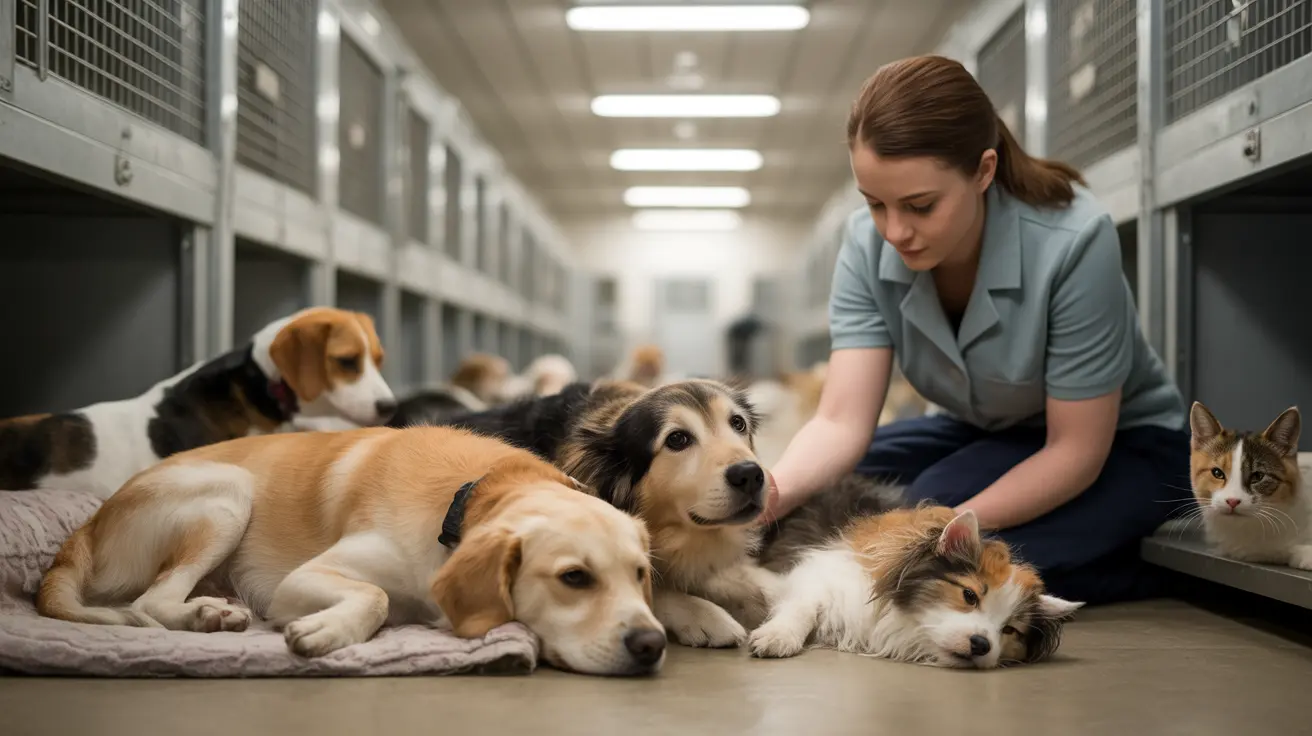How Long Can a Dog Go Without Pooping?
For pet owners, monitoring their dog’s health includes keeping an eye on their bathroom habits. One common concern is how long a dog can go without pooping. Understanding your dog’s digestive health is crucial for ensuring their overall wellness.
Normal Bowel Movements in Dogs
Most healthy dogs poop between one to three times a day, depending on their diet, exercise routine, age, and overall health. Puppies tend to go more frequently, while older dogs might have a slower metabolism.
Acceptable Time Without Pooping
A dog can typically go up to 24 to 48 hours without pooping without it being a major concern. However, this timeframe varies based on several factors:
- Diet: Low-fiber or overly processed food can cause constipation.
- Hydration: Dehydration can slow digestion and harden stools.
- Physical activity: Sedentary dogs may experience slower gut movement.
- Stress or anxiety: Travel, loud noises, or big changes in environment may suppress normal bowel activity.
- Medical conditions: Issues like blockage, side effects of medication, or illnesses may contribute to constipation.
Signs Your Dog May Be Constipated
If your dog hasn’t pooped in two days, look for warning signs of constipation:
- Straining or pain during attempts to defecate
- Small, dry, or hard stools
- Lethargy or decreased appetite
- Vomiting or abdominal bloating
- Whining or other signs of discomfort
When to Call the Veterinarian
If your dog hasn’t pooped in over 48 hours, or if they show any of the above symptoms, it's time to contact a vet. Timely medical help can rule out serious conditions such as intestinal blockages or infections.
Tips to Help Your Dog Poop Regularly
- Increase fiber in their diet: Add pumpkin or fiber supplements as recommended by your vet.
- Ensure adequate hydration: Access to clean water is critical to maintaining digestive health.
- Exercise regularly: Walks and physical activity stimulate bowel movements.
- Feed a consistent diet: Avoid sudden changes in food which can upset their stomach.
- Reduce stress: Keep the household calm and provide a safe space during stressful events.
Possible Medical Causes of Constipation
Some potential health issues might be the root cause of your dog’s irregular stools:
- Obstructions from ingested foreign objects
- Enlarged prostate (particularly in older male dogs)
- Spinal issues affecting nerves tied to the colon
- Medication side effects, especially painkillers
- Chronic illnesses like kidney disease or hypothyroidism
Conclusion
While occasional missed bowel movements might not be urgent, going more than 48 hours without pooping is typically a red flag. By monitoring habits, maintaining a healthy lifestyle, and seeking veterinary advice when needed, you can help ensure your dog’s digestive system stays in top shape.





